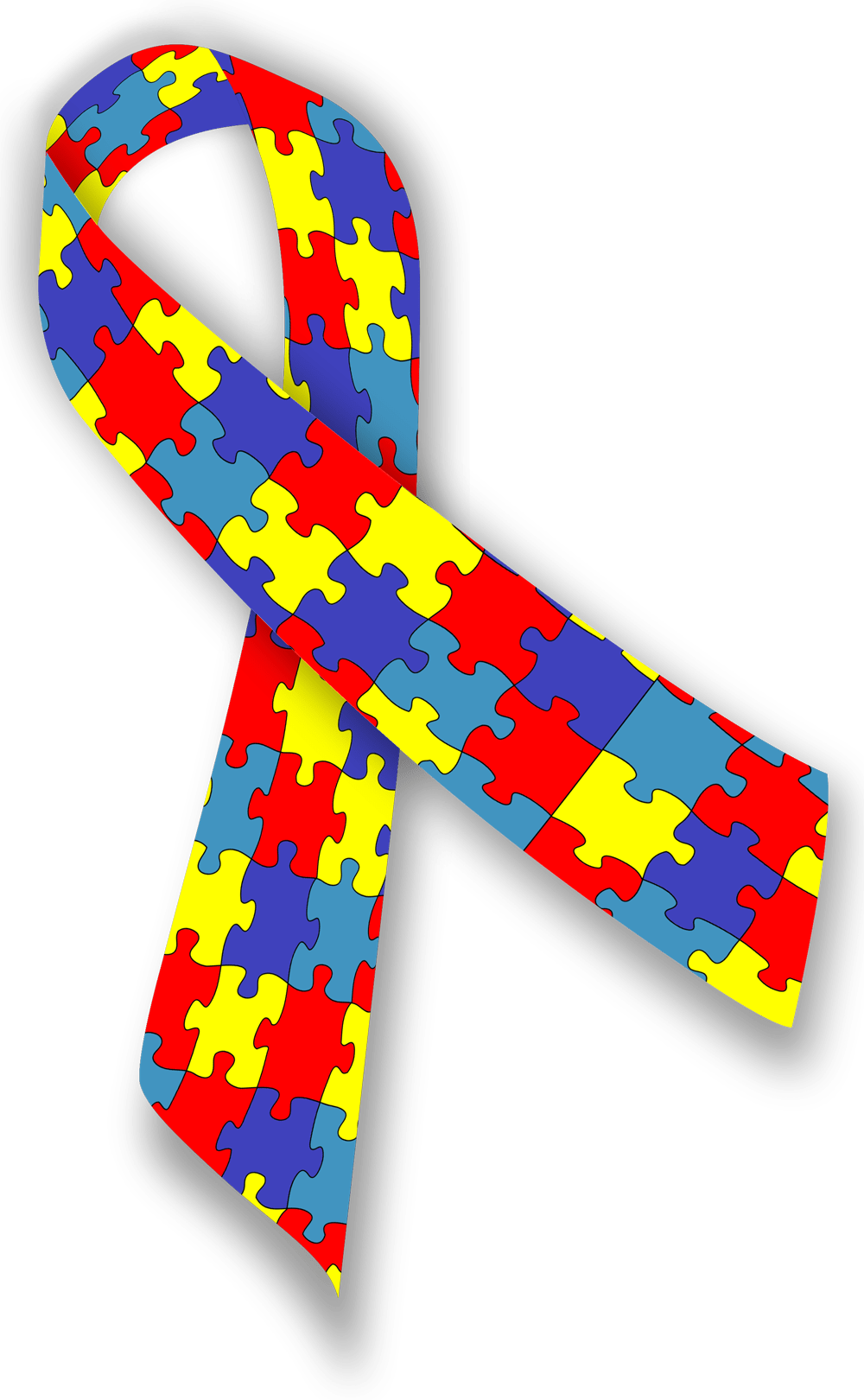2 April 2020 – Accra, Ghana: The United Nations General Assembly in 2007, adopted April 2 as World Autism Awareness Day, with the goal of bringing global attention to autism. Thirteen years later, World Autism Awareness Day has become a universal phenomenon, with increased focus to various aspects of autism; this year’s theme being ‘Transition to Adulthood’.
Adolescence is the period between 10 to 19 years when children transition into adults. At this point, sexual and reproductive health (SRH) is an essential aspect of their growth. This stage presents varied challenges and needs for both boys and girls. Young persons with disabilities have the same SRH needs as other young people, yet they often face barriers to information and services and suffer or mete out forms of sexual and gender-based violence (SGBV) during this period. However, distinctive of any human being, adolescents and youth with autism and related developmental disorders have the right to seek and receive information about SRHR/SGBV topics such as puberty (what is happening to their bodies), menstruation, reproduction, pregnancy, contraception, coercion, violence (including defilement/rape), what constitute good and bad touch, and access to reproductive health services.
Autism, being a lifelong neurodevelopmental disorder, affects the basic senses of an individual and causes an impartment in communication, social interaction and behaviour. Hence, adolescents with autism unfortunately face greater challenges with regards to accessing such information and services. Also, while girls with autism are more prone to SGBV, boys with autism are more prone to mete out violence to girls without knowing.
Evidence validates the fact that existing services can easily be adapted to accommodate adolescents with autism. There is also increasing evidence of the effectiveness of parent-child communication on the ability of adolescents to make healthy decisions regarding their sexual and reproductive health and rights.
In view of this, the UNFPA Country Office, through the Canada-funded UN Joint Programme on Empowering Adolescent Girls has partnered with the Autism Ambassadors of Ghana (AAG) to hold an Autism-SRHR sitting to interact with parents and caregivers on the SRHR challenges that adolescents with autism face while identifying more effective approaches to engage with their children on SRHR issues and SGBV prevention. The duo is embarking on an awareness campaign throughout the year to increase awareness on autism, SRHR and SGBV, including prevention of COVID-19 among vulnerable groups.
On 2nd April, World Autism Awareness Day, the Autism Ambassadors of Ghana and UNFPA Ghana joins the rest of the world to provide strategies and solutions to support adolescents with autism in their smooth transition from adolescence to adulthood. Join us on April 2 as we host a twitter chat highlighting autism, its associated SRHR challenges, and COVID-19 prevention among young people with disabilities.
Also download AAG’s digital innovation, the Autism Aid App (available on Google Play store), which provides information on autism and supports improved communication with adolescents with autism.
The public is encouraged to embrace knowledge on autism to reduce the stigma and violence towards adolescents and youth with autism, while supporting them to make healthy decisions with regards to their sexual and reproductive health. The media and civil society groups, as partners in achieving the Sustainable Development Goals, are encouraged to massively support this campaign and utilise effective communication methods to drive home critical gender-responsive SRHR messages and actions.
AAG and UNFPA Ghana will continue to partner with the Hopesetters Autism Center and other key stakeholders to ensure no one is left behind.
UNFPA works to deliver a world where every pregnancy is wanted, every childbirth is safe and every young person’s potential is fulfilled
For more information, please contact:
Alice Mamaga Amoako| Autism Ambassadors, Ghana|+233 279258302|alicemamaga@gmail.com
Doris Mawuse Aglobitse: UNFPA Ghana United Nations Population Fund|+233 204545666| aglobitse@unfpa.org



